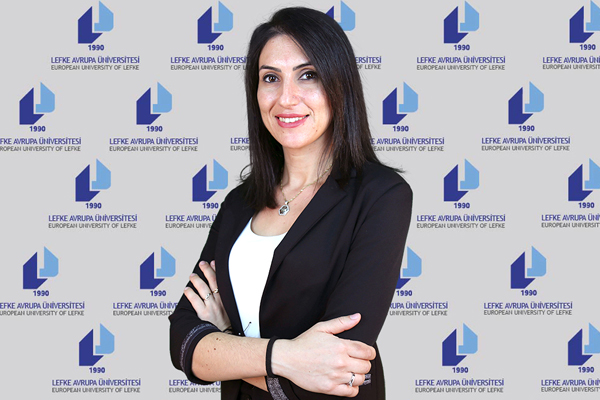EUL Academician Alptuğ, “Physiotherapy: The Way of Enhancing the Quality of Life for People with Physical Disabilities

European University of Lefke (EUL) Physiotherapy and Rehabilitation Department faculty member Asst. Prof. Dr. Beraat Alptuğ made statements within the scope of “3 December World Disability Day”.
“Physical disability refers to the situation where a person’s physical abilities are limited as a result of a damage or loss of function in the body for any reason. This disability may be a congenital condition, or it may be an acquired condition caused by an accident, disease or other factors. Physical disabilities can cause limitations in physical activities related to the movement of the person, “stated, Alptuğ, “Physical disability can be in a wide range and can vary from individual to individual. Depending on the type and degree of disability, individuals may need support or adaptation in areas such as maintaining daily life activities, receiving education, working and social interaction.”
” People with physical disabilities benefit from various rehabilitation methods in order to overcome the physical difficulties they face throughout their lives and to perform their daily activities more independently. Physiotherapy is an important treatment and support tool for physically disabled people in this context. Physiotherapy is applied with a multidisciplinary approach to improve the quality of life of individuals with physical disabilities, improve their functional independence and enable them to lead their daily lives more effectively. The main aim of physiotherapy is to improve the individual’s body mobility, muscle strength, flexibility and coordination. For this purpose, physiotherapists first assess the individual’s specific condition and create a treatment plan specific to the individual. This plan usually includes exercise programmes, manual therapy, use of devices, posture training, and other rehabilitation techniques. In addition, by providing training to the family of a physically disabled child, physiotherapists aim to help both the individual with disabilities and other family members to cope with and support this situation.
Physiotherapy offers different advantages for people with physical disabilities;
- Firstly, it supports the independence of the individual by providing an increase in physical functions. Specially designed exercises are combined with techniques to increase muscle strength and flexibility in order for individuals with disabilities to perform their daily living activities more effectively.
- Secondly, physiotherapy also plays an important role in pain management. In the case of physical disability, usually complaints of pain, physiotherapists apply specific treatment plans to alleviate or control these pains. This can improve the individual’s quality of life, helping them to carry out daily activities in a more comfortable and pain-free way.
- Thirdly, physiotherapy supports the general health of people with physical disabilities. Increasing the ability to move, improving the circulatory system, and optimising respiratory functions positively affect the overall health of the individual. This, in turn, can increase resistance to diseases and positively affect life expectancy.
Alptug concluded her words as follows: “Physiotherapy is an important rehabilitation tool to improve the quality of life of physically disabled individuals and to enable them to lead their daily lives more independently. Special treatment plans applied under the guidance of expert physiotherapists can help individuals use their potential at the maximum level and support them to integrate them more effectively into society.”
